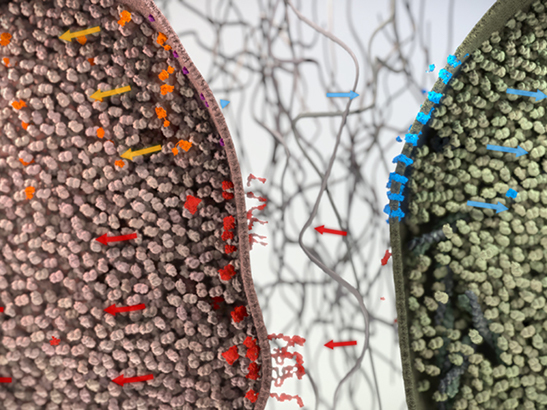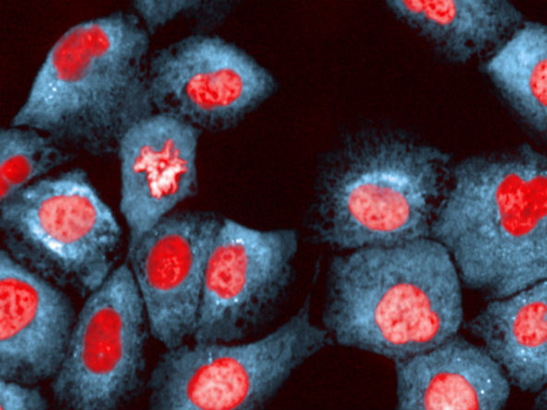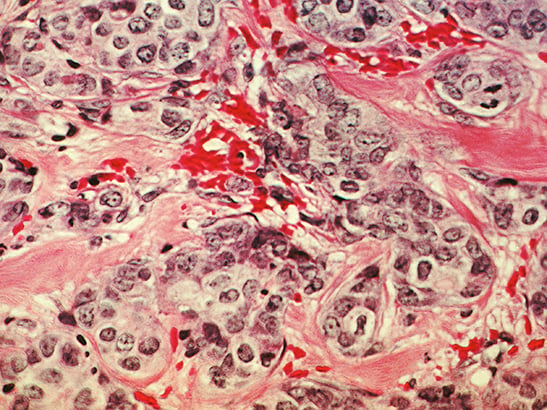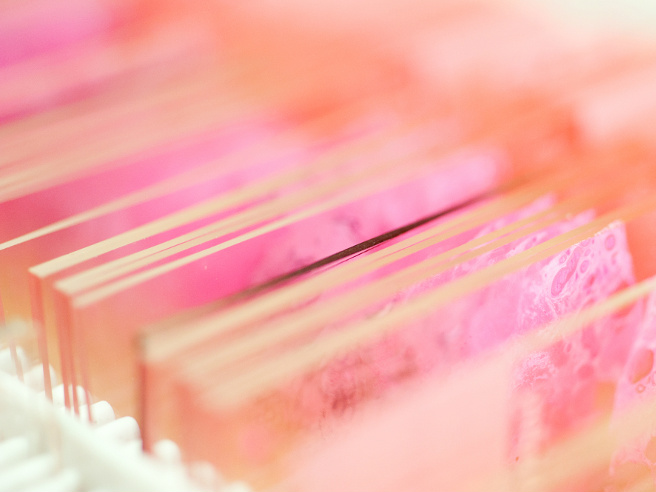News and features
Read the latest news and features about our world-leading research, discoveries, fundraising and philanthropy. If you want to keep updated on our news, you can follow us on social media or sign up for our Search newsletter.
If you’re a journalist and want to find out more, you can contact our media relations team.

Top 10 scientific achievements of 2016
We've selected our top 10 discoveries of 2015/16 – chosen because they best represent the breadth of our research and our ambitions under the new research strategy.
-by-max-westby-creative-commons-by-nc-sa.jpg?sfvrsn=e03bccc1_2)
Relish is pickled to protect flies from immunogenic havoc
Two proteins called Pickle and Relish help to keep fruit flies healthy, a new study shows.

Study shows blood vessel cells are helping breast cancers enter bloodstream and spread around body
Scientists have discovered that non-cancer cells that wrap around blood vessels — called ‘pericytes’ — are helping breast cancer cells enter the bloodstream and spread around the body through the production of a key molecule called endosialin.

Blood test to spot new breast cancer subtype delays progression for twice as long
A blood test that detects when the most common form of breast cancer has become resistant to treatment could double the average time it takes for the disease to progress, from around two-and-a-half to around six months, a new study shows.

Leukaemia drug shows potential for rarer type of ovarian cancer
A drug already approved for leukaemia patients could also be used to treat a specific type of ovarian cancer, according to new research.

Blood test supports use of potential new treatment for patients with stomach cancer
Testing cancers for ‘addiction’ to a gene that boosts cell growth can pick out patients who may respond to a targeted drug under development, a major new study reports.

Top breast cancer scientist recognised by the Academy of Medical Sciences
Professor Clare Isacke has been elected to the Academy of Medical Sciences in recognition of her outstanding contribution to the advancement of cancer research.

Breast cancer can ‘reprogram’ its metabolism to resist hormone therapy
Cells from the most common form of breast cancer can reprogram their metabolism to help resist hormone treatments and become more aggressive, a new study shows.

New insights show how some breast cancers resist treatment
Breast cancer cells can become resistant to a common anticancer drug in a variety of different ways — suggesting that tailored treatment combinations to overcome resistance may be required for each patient.

New way of targeting cancer’s most commonly mutated gene
Blocking a gene involved with cellular division and replication could provide clues in understanding how to target the most common mutation found in cancer, a new study shows.

Gene may worsen cancer outcome by speeding metabolism of drugs
Some patients with breast cancer, lung cancer and leukaemia seem to fare poorly after treatment because of the effects of a particular gene, a new study finds.

Study reveals enzymes that cancers depend on to survive
A new study has identified a catalogue of specific enzymes, known as kinases, that some types of cancer rely on to survive.
